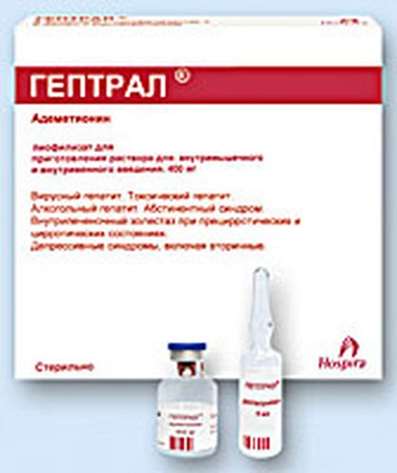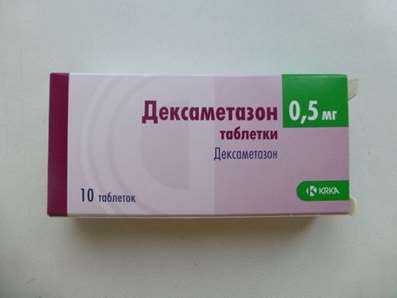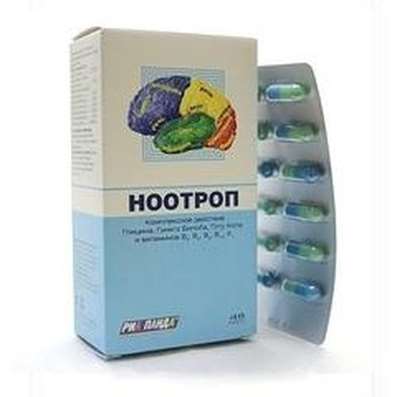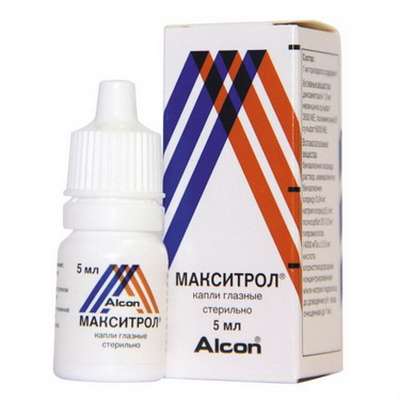Instruction for use: Metindol retard
I want this, give me price
Active substance Indomethacin
ATX Code ņ“’ M01AB01 Indomethacin
Pharmacological group
NSAIDs - Derivatives of acetic acid and related compounds
Nosological classification (ICD-10)
G54.1 Disorders of lumbosacral plexus
Sciatica, Neurology radicular origin, spine Pathology, Sciatica lumbosacral, radiculoneuritis
G60-G64 Polyneuropathies and other disorders of the peripheral nervous system
M10 Gout
Exacerbation of gout, Acute articular attack with gout, Acute gouty attack, Gouty attack, Recurrent gout attacks, Chronic gout
M30-M36 Systemic involvement of connective tissue
Collagenoses
M79.0 Other unspecified rheumatism
Degenerative rheumatic disease, Degenerative and rheumatic diseases of the tendons, Degenerative rheumatic diseases, Localized forms of rheumatism of soft tissues, Rheumatism, Rheumatism with a pronounced allergic component, Rheumatism of the articular and extraarticular, Rheumatic attack, Rheumatic complaints, Rheumatic diseases, Rheumatic disease of the spine, Relapses of rheumatism, Articular and extra-articular rheumatism, Articular and muscular rheumatism, Articular rheumatism, Articular syndrome with rheumatism, Chronic rheumatic pain, Chronic articular rheumatism, Rheumatoid diseases, Rheumatic diseases of the intervertebral disc
M79.2 Neurology and neuritis, unspecified
Pain syndrome with neuralgia, Brachialgia, Occipital and intercostal neuralgia, Neuralgia, Neuralgic pain, Neuralgia, Neuralgia of intercostal nerves,Neuralgia of the posterior tibial nerve, Neuritis, Neuritis traumatic, Neuritis, Neurological Pain Syndromes, Neurological contractures with spasms, Acute neuritis, Peripheral neuritis,Post-traumatic neuralgia,Severe pain of a neurogenic nature, Chronic neuritis, Essential neuralgia
R52.1 Constant unrestrained pain
Pain syndrome in oncology practice, Pain syndrome pronounced, Pain syndrome in malignant neoplasms, Pain syndrome in cancer, Pain syndrome with tumors, Pain syndrome in cancer patients, Pain in malignant neoplasms, Pain in malignant tumors, Pain in tumors, Pain in cancer patients, Pain in bone metastases, Pain in cancer, Malignant pain syndrome, Intensive chronic pain, Intensive pain syndrome, Intensive non-curable pain syndrome, Intensive chronic pain syndrome, Unrestrained pain, Unrestrained pain, Tumor pain, Post-traumatic pain syndrome, Severe pain, Chronic pain, Chronic Pain Syndrome
R52.2 Other constant pain
Pain syndrome, rheumatic origin, Pain at vertebral lesions, Pain in the chamber, Pain for burns, Pain syndrome weak or moderate, Perioperative pain,Moderate to severe pain, Moderately or weakly expressed pain syndrome, Moderate to severe pain, Ear pain of otitis, Neuropathic pain, neuropathic pain
Composition and form of release
1 tablet contains indomethacin 25 mg; in blistere 30 pcs., in a cardboard box 1 blister.
1 retard tablet - 75 mg; in a blister of 25 pcs., in a cardboard box of 1 or 2 blisters.
pharmachologic effect
Pharmacological action - anti-inflammatory, antipyretic, analgesic, desensitizing.
It blocks cyclooxygenase in the cascade of arachidonic acid, inhibits the biosynthesis of PG (prostaglandins).
Indications
Rheumatic disorders, collagen, sciatica, peripheral neuritis, discopathy, gout (exacerbation), acute pain syndromes radicular origin.
Contraindications
Hypersensitivity, gastric ulcer and duodenal ulcer disease, enteritis, enterocolitis, asthma, pregnancy, lactation (should abandon breastfeeding), children's age (14 years).
Side effects
Diarrheal disorders, gastrointestinal bleeding, anorexia, a relapse of gastric ulcer and duodenal ulcers, headaches, dizziness, confusion, seizures, hypertension, edema.
Dosing and Administration
Inside. Dragee: 25 mg 2-3 times a day, gradually increasing the dose by 25 mg weekly, the maximum daily dose - 150-200 mg.
Retard tablets: in acute conditions - initially 1 tab. 2 times a day for 5-10 days, then 1 table. 1 time per day (in the evening) for 5-7 days; at chronic conditions - on 1 tab. 1 time per day.
Precautionary measures
With caution appoint with failure of the liver and kidney function, arterial hypertension, heart failure, Parkinsonism, epilepsy, in old age. During treatment, systematic monitoring of liver and kidney function, the composition of peripheral blood elements is recommended. It is necessary to avoid potentially dangerous activities requiring increased attention, rapidity of mental and physical reactions.
Storage conditions
In dry, the dark place at a temperature of 15-25 į C.
Keep out of the reach of children.
Shelf life
5 years.
Do not use after the expiry date printed on the package.

 Cart
Cart





